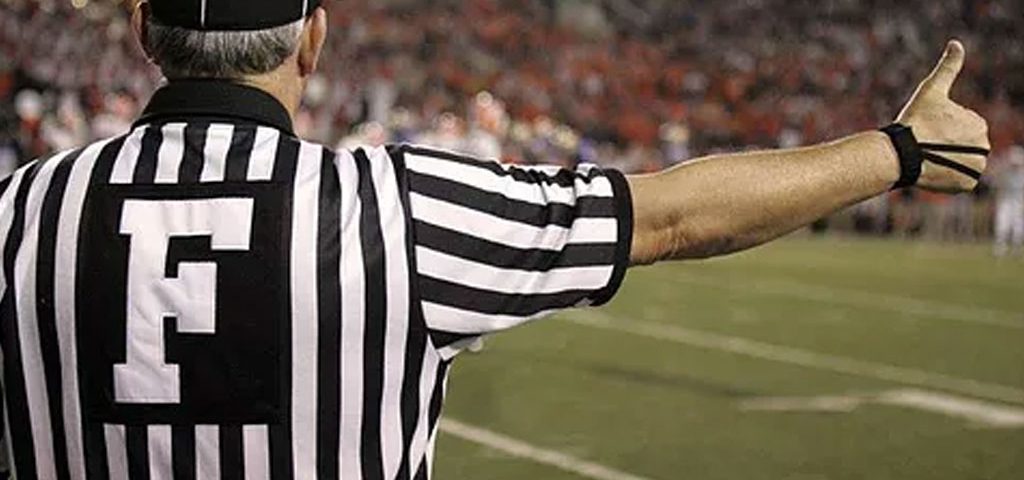
Officiating Association Publishes “Getting Started” Guidebook
August 6, 2018
Dallas Mavs Address Workplace Misconduct Matters
October 1, 2018While much of Richard Kusserow’s writing is directed towards healthcare leaders and compliance officers, I found his August 2018 piece, “Challenges with Code of Conduct Development and Revision,” to be especially instructive for sports officiating leaders in the new era of legalized gambling in the U.S. Mr. Kusserow, former Inspector General at Health and Human Services, has served as CEO of Strategic Management Services, LLC for the past three decades.
While sports leaders from those in the professional leagues to the colleges and universities and throughout the industry are uncertain of the implications of the recent U.S. Supreme Court’s decision to allow states to legalize sports betting, one thing is certain – all agree that protecting the integrity of the games is what matters most. Without that, nothing else matters.
Over a decade ago, National Basketball Association official, Tim Donaghy, spent over a year in prison for his crimes related to gambling in professional basketball. Since then officials in all sports at all levels have been especially vigilant in avoiding the pitfalls of any type of wrongdoing in sport.
So that’s where the lessons from Mr. Kusserow’s piece on codes of conduct enters in for sports officiating leaders. While virtually all officiating programs have a code of conduct, few if any have developed and implemented the remaining elements of an effective compliance/ethics/integrity program.
So, beginning with updating and improving an organization’s code of conduct is a good place to start, and Kusserow offers a roadmap for that journey. Mr. Kusserow begins by clearly stating that a Code of Conduct (Code) is a foundational part of any effective compliance program. He goes on to say that a properly developed Code can thus serve as a deterrent to employees, including independent contractors, engaging in unwanted conduct, by outlining acceptable behavior and exemplifying actions that will not be tolerated.
Carrie Kusserow, also an executive at Strategic Management, suggests that leaders of officiating organizations should consider the following questions when revising any organization’s Code:
-
How much time has elapsed since the last revision of the Code?
-
Has there been a change in leadership of the organization since the last revision?
-
Have there been significant changes to compliance-related policies? Are any of the policies outdated?
Jillian Concepcion, another executive at Strategic Management, reminds officiating leaders that an effective Code must be reinforced in many ways, including:
-
Training all covered persons on the content and application of the Code;
-
Establishing methods for covered persons to seek any clarification of rules;
-
Implementing a reporting process, including a hotline, to report suspected Code and compliance violations;
-
Establishing a mechanism for investigating and resolving issues raised by covered persons;
-
Assuring that all covered persons understand the penalties for engaging in wrongful behavior, and;
-
Consistently applying penalties for Code and policy violations.
Michael Hershman, an internationally recognized expert in matters related to transparency, accountability, governance, litigation, and security, is CEO of the International Centre for Sport Security. With regard to building codes of conduct, Hershman has said that, “it is important to let covered persons take the lead. While much editing might have to be done, it leads to greater buy-in and much more effective implementation. It also helps ensure covered persons’ support for punishment of code violations.”
Regarding the Supreme Court’s decision to legalize sports gambling throughout the U.S., Hershman says, “I expect to see an uptick in match (game) manipulations and organized crime infiltration. Sports officials and officiating leaders can play a key role in assuring that this does not happen. Indeed, protecting the integrity of the games is all that really matters.”


